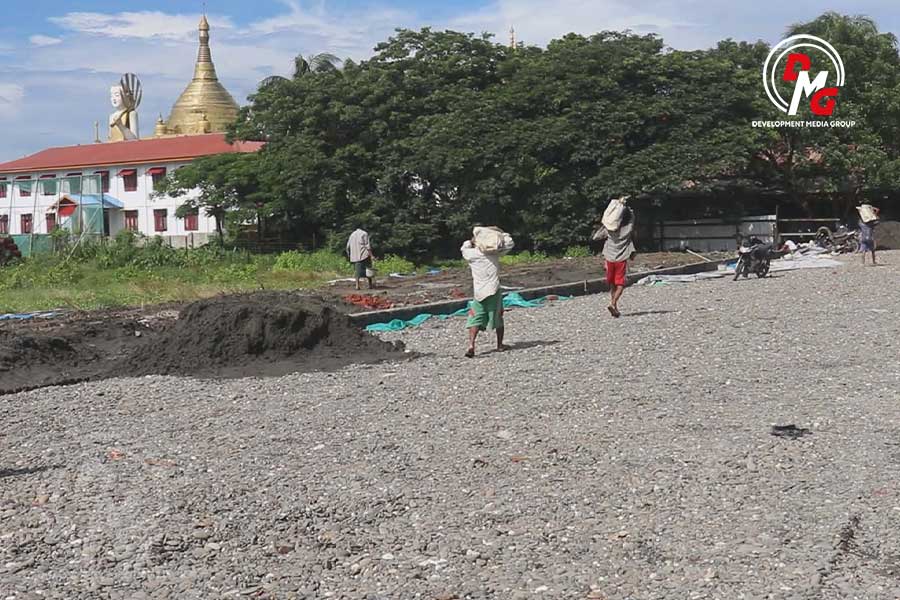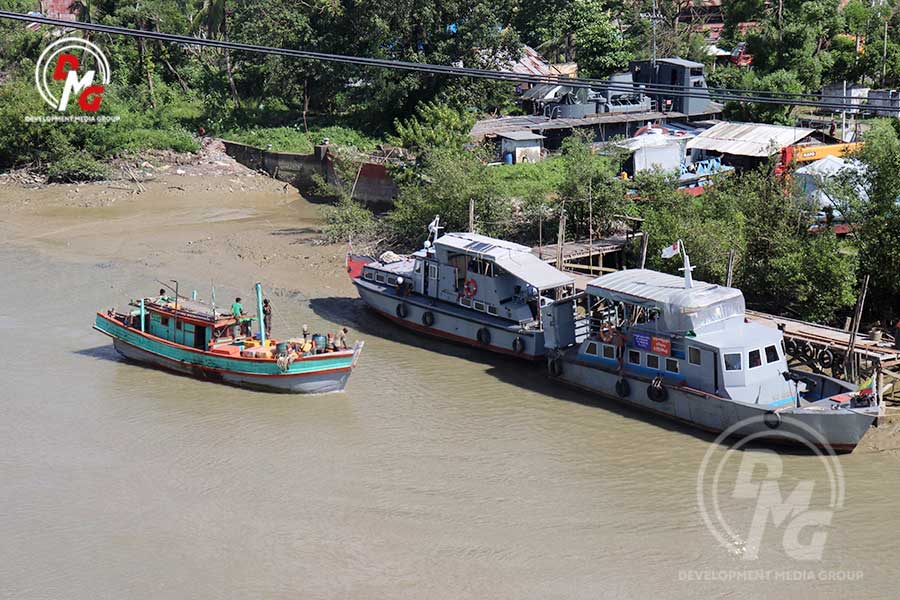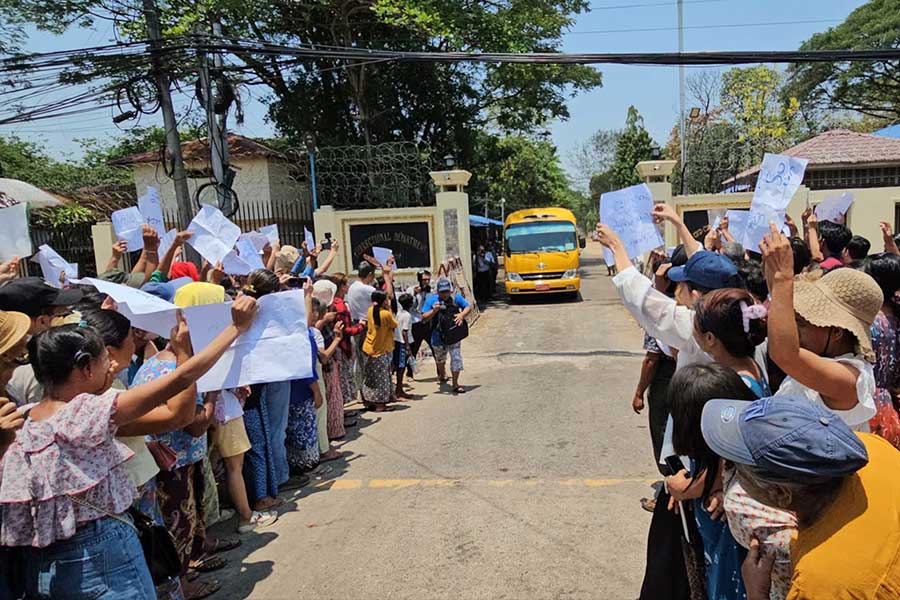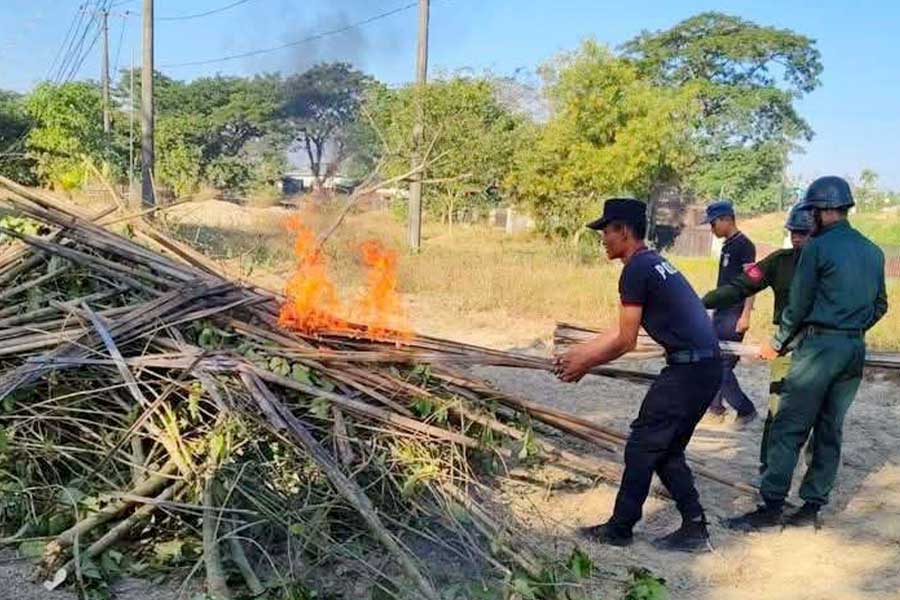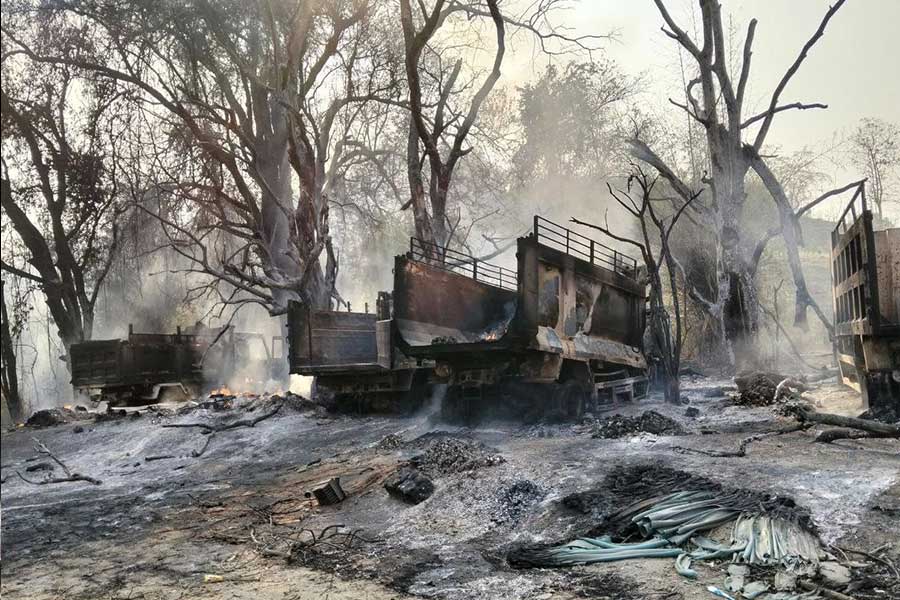- Extreme poverty drives Sittwe residents to dismantle abandoned houses for income
- Weekly Highlights from Arakan (Feb 23 to March 1, 2026)
- Over 300 political prisoners freed from 10 prisons nationwide
- DMG Editorial: Between War and Opportunity - A New Border Reality for Bangladesh and Arakan
- Arakan Army sets five-year prison term for kratom cultivation in controlled areas
Landmine risk education is part of its governance initiatives, AA says
The Arakan Army (AA) is carrying out landmine risk education among locals in parts of Arakan State, which is plagued by landmines after some two years of fighting between the military and AA from 2018-2020, according to U Khaing Thukha, spokesman for the ethnic armed group.
12 Aug 2022
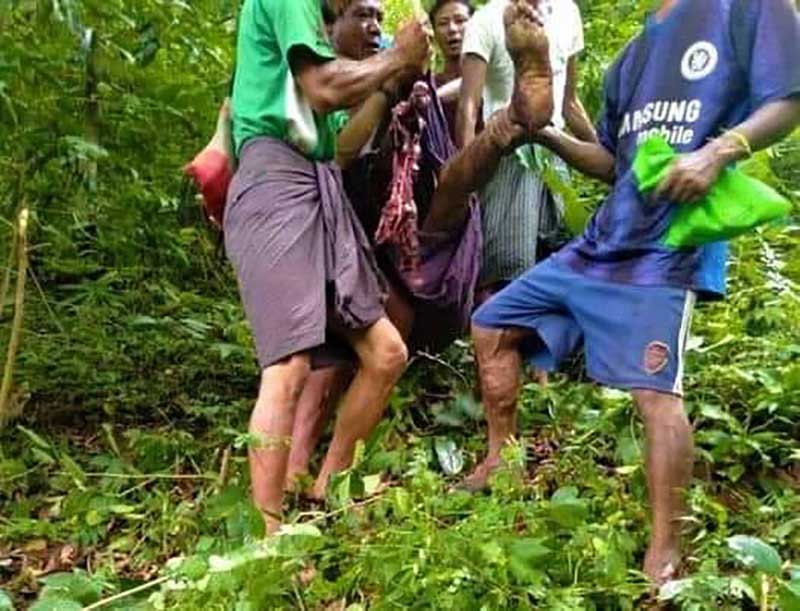
DMG Newsroom
12 August 2022, Sittwe
The Arakan Army (AA) is carrying out landmine risk education among locals in parts of Arakan State, which is plagued by landmines after some two years of fighting between the military and AA from 2018-2020, according to U Khaing Thukha, spokesman for the ethnic armed group.
“We are working on landmine risk education in Arakan State by using effective ways and means, through the ULA’s ward and village officials,” he said.
The AA spokesman also accused the Myanmar military of setting up camps near villages and continuing to plant landmines at a time when military tensions are running high. U Khaing Thukha blamed the military for landmine-related casualties in Arakan State.
“I would like to say that the Myanmar military is completely responsible for the losses and suffering of the people. There are things that we have been saying over and over again in order to bring accountability for the issues committed by the Myanmar military,” he added.
The situation in Arakan State is of particular concern, given recently rising tensions between the military and Arakan Army, the United Nations Office for the Coordination of Humanitarian Affairs (UNOCHA) in Myanmar said in a statement on August 10.
“Mine action partners are expanding mine risk education campaigns and other risk mitigation activities in rural areas across Rakhine [Arakan State], especially in the villages of origin of people previously displaced from the AA-MAF [Myanmar Armed Forces] conflict,” the statement added.
“As long as there is a civil war, the danger of landmines will still exist,” said U Khaing Kaung San, director of the Wun Lark Development Foundation, an Arakan State-based civil society group.
“We are cooperating with international nongovernmental organisations, nongovernmental organisations and civil society organisations to educate local people in Arakan State about the risks of landmines,” he added. “Locals themselves should avoid working in areas where fighting has taken place. There may have been landmines planted by both sides in the areas where the Myanmar military and the Arakan Army fought. I would like to say that people need to be aware of the danger of landmines.”
Villagers who depend on the forest for their livelihoods are particularly concerned about the risk of landmines, and have called on authorities to clear landmines from the rural environs where they are most prevalent.
As of August 11, six people had been killed and 21 others injured in encounters with landmines and explosive remnants of war (ERWs) in Arakan State so far this year, according to data compiled by DMG.




